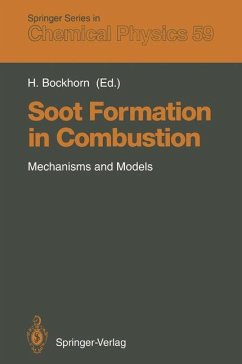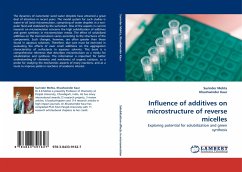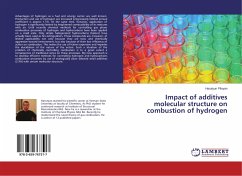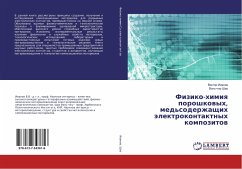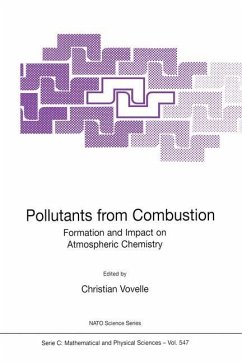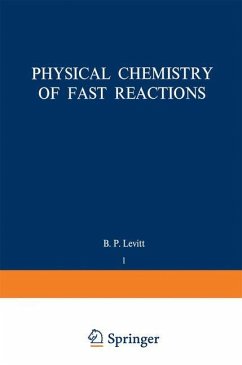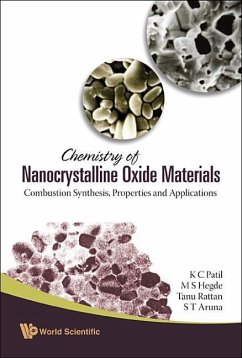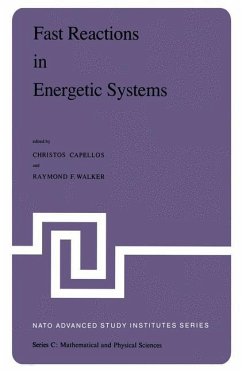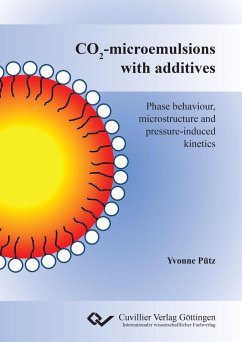
Combustion nanoparticles from aviation and shipping
Physico-chemical characterization and hygroscopicity of the combustion nanoparticles emitted from transport systems
Versandkostenfrei!
Versandfertig in 6-10 Tagen
32,99 €
inkl. MwSt.

PAYBACK Punkte
16 °P sammeln!
The main motivation of this work is possible climate change caused by transport emissions. Soot particles emitted by an aircraft engine can act as cloud condensation nuclei (CCN) and cause contrail/cirrus clouds formation leading to radiative forcing. Ship emission residuals into relatively clean boundary layer can also act as CCN for ship track formation and thus change reflective properties of marine layer clouds. The understanding of the potential environmental effect of the transport emission is still poor mainly because of the lack in the experimental characterization of the particulate e...
The main motivation of this work is possible climate change caused by transport emissions. Soot particles emitted by an aircraft engine can act as cloud condensation nuclei (CCN) and cause contrail/cirrus clouds formation leading to radiative forcing. Ship emission residuals into relatively clean boundary layer can also act as CCN for ship track formation and thus change reflective properties of marine layer clouds. The understanding of the potential environmental effect of the transport emission is still poor mainly because of the lack in the experimental characterization of the particulate emissions. The main attention of the present work is attributed to the physico-chemical properties in particular to interaction with water. Hygroscopicity is one of the key parameters which are related to CCN activity and to the environmental effect. The experimental results show that some of the aviation and shipping emitted nanoparticle can act as CCN in the atmosphere.



